The Kentucky Journal of Equine, Agriculture, and Natural Resources Law
PUBLICATIONS
Note by: Henry O. Cashen
A circuit split existed in determining whether a conveyance of pollutants through groundwater and into navigable water constituted a violation of the Clean Water Act. Although the Supreme Court attempted to resolve the issue in 2020, Notes Editor Henry Cashen argues that the Court’s guidance is insufficient to direct lower courts in their analyses. Cashen advocates for a mutli-factored balancing test to determine whether a direct discharge of a pollutant or its “functional equivalent” violates the Clean Water Act’s provisions, regardless of the conveyance method.
Article by: Robin Kundis Craig
The quality of costal water remains an environmental and economic concern in the United States. In this article University of Southern California Gould School of Law Robert C. Packard Trustee Chair in Law Robin Craig explores the intersection of the Clean Water Act with the ocean and pushes for more to be done to improve ocean water quality.
Note by: Bennett Tuleja
Workers’ compensation laws provide compensation for employees injured on the job. In Kentucky, agricultural workers are barred from receiving workers’ compensation benefits. In this note, Notes Editor Bennett Tuleja argues that this agricultural exemption should be amended or repealed to mitigate its harmful effects on agricultural workers.
Note by: Zachary Mills
The bourbon industry is particularly prominent in Kentucky. In this note, Editor-in-Chief Zachary Mills explores the environmental hazards associated with the bourbon industry. Mills ultimately argues for changes to Kentucky’s regulatory structure in order to promote sustainable industry growth.
BLOGS
In this blog, 2L staffer Johnna Adams argues that the Second Chance Act (SCA), which has already been proven effective at reducing recidivism, should be expanded to include equine-assisted rehabilitation programs. Adams explains how these programs help participants overcome unique challenges that traditional rehabilitation models often fail to address through hands-on work with horses. Adams contends that by broadening the SCA’s coverage, recidivism can be further reduced without the need for additional spending.
In this blog, 3L Staffer Jacob Krummen examines Kentucky House Bill 630, introduced in the 2025 Regular Session in order to change eminent domain laws in Kentucky, protect certain uses of land, and strike a balance between development and conservation. Krummen argues the proposed changes in the bill would substantially impair the development of critical infrastructure in Kentucky and should undergo significant revisions before it is made into law.
Many fear the health effects of PFAS “forever chemicals,” which have permeated our environment and are now present in our food, water, and everyday products. In this blog, 2L staffer Holly Lefevre explores the growing concern over the presence of these chemicals in breastmilk and the legal and policy failures that allowed this situation to develop. She highlights the critical steps that policymakers, corporations, and communities must take to help protect infants and families.
Heirs' property ownership is increasingly unstable and fragmented. In this blog, 3L Senior Staffer Ben Bertram argues for the implementation of the Uniform Partition of Heirs' Property Act to protect family-owned farms and ancestral land from forced sales and speculative exploitation. Bertram contends that the procedural adjustments required by the UPHPA are outweighed by the preservation of rural land ownership.
In this blog, 2L staffer Aaron Withers examines Kentucky’s emerging shift from a coal-based economy to advanced nuclear and critical-mineral projects on retired mine sites. He argues that this transition is welcome only if implemented through a community-centered legal framework with strict siting requirements, enforceable local-benefit obligations, and long-term accountability to prevent repeating past harms.
In this blog, 2L staffer Alexander Bowman tackles the issue of whether new equine inspection laws for racehorses should be extended to apply to show horses as well. Bowman discusses the new inspection laws and analyzes the benefits of them. Next, he discusses the potentially injurious effects on show horses without these inspection laws. Bowman recommends that these laws should be applied to show horses in a uniform manner through the creation of a similar independent agency like the KHRGC.
The Animal Welfare Act (AWA) remains outdated in excluding invertebrates such as hermit crabs and shrimp, despite mounting scientific evidence of their sentience. To address this gap, 2L staffer Calvin Scott Bailey believes Congress should amend the AWA or direct the USDA to develop welfare standards for decapod crustaceans, aligning U.S. animal welfare law with contemporary science and global reforms.
In this blog, 2L staffer Emma Carlo explains how the Environmental Protection Agency (EPA) is currently attempting to rescind newly implemented drinking water regulations regarding chemicals known as PFAs. Carlo argues that this deregulation action is indicative of corporate favoritism and proves that water utility companies and the EPA believe the $800 million implementation cost is too expensive to protect the public and the environment. Carlo explains that EPA is acting contrary to its intended purpose, as this deregulation will allow continued exposure to these chemicals for more than 70 million people, despite the high likelihood of adverse health effects from low exposure to PFAS.
In this blog, 2L staffer Kalista Thomas focuses on the issues surrounding the lowering levels of water in the Colorado River and how these lowering levels are exacerbated by climate change. Thomas argues how the United States needs to continue to be a member in the Paris Agreement and gives an outline of how the Paris Agreement helps countries reduce their greenhouse gas emissions.
In this blog, 3L Senior Staffer Erica Joan Radermacher discusses the recent case of Skipper v. United States Fish and Wildlife Service, in which the court in the Southern District of Alabama ruled for private landowners. Radermacher argues that the abuse of agency power to designate thousands of acres of private lands as critical habitat after only a singular sighting of the black pinesnake on the land in the recent past is an example of government overreach at its most egregious.
EVENTS
March 28, 2025 - KJEANRL Volume 17 Symposium titled “Bluegrass: Medical Marijuana in the Commonwealth”
ABOUT
The Kentucky Journal of Equine, Agriculture, & Natural Resource Law (“KJEANRL”) website is an interactive blog providing legal scholars, practitioners, and students a worldwide forum to discuss compelling issues in equine, agriculture, and natural resources law. Responses to articles, notes, and comments published in the print copy of KJEANRL are strongly encouraged. Additionally, the website provides online access to previous print editions of the Journal.

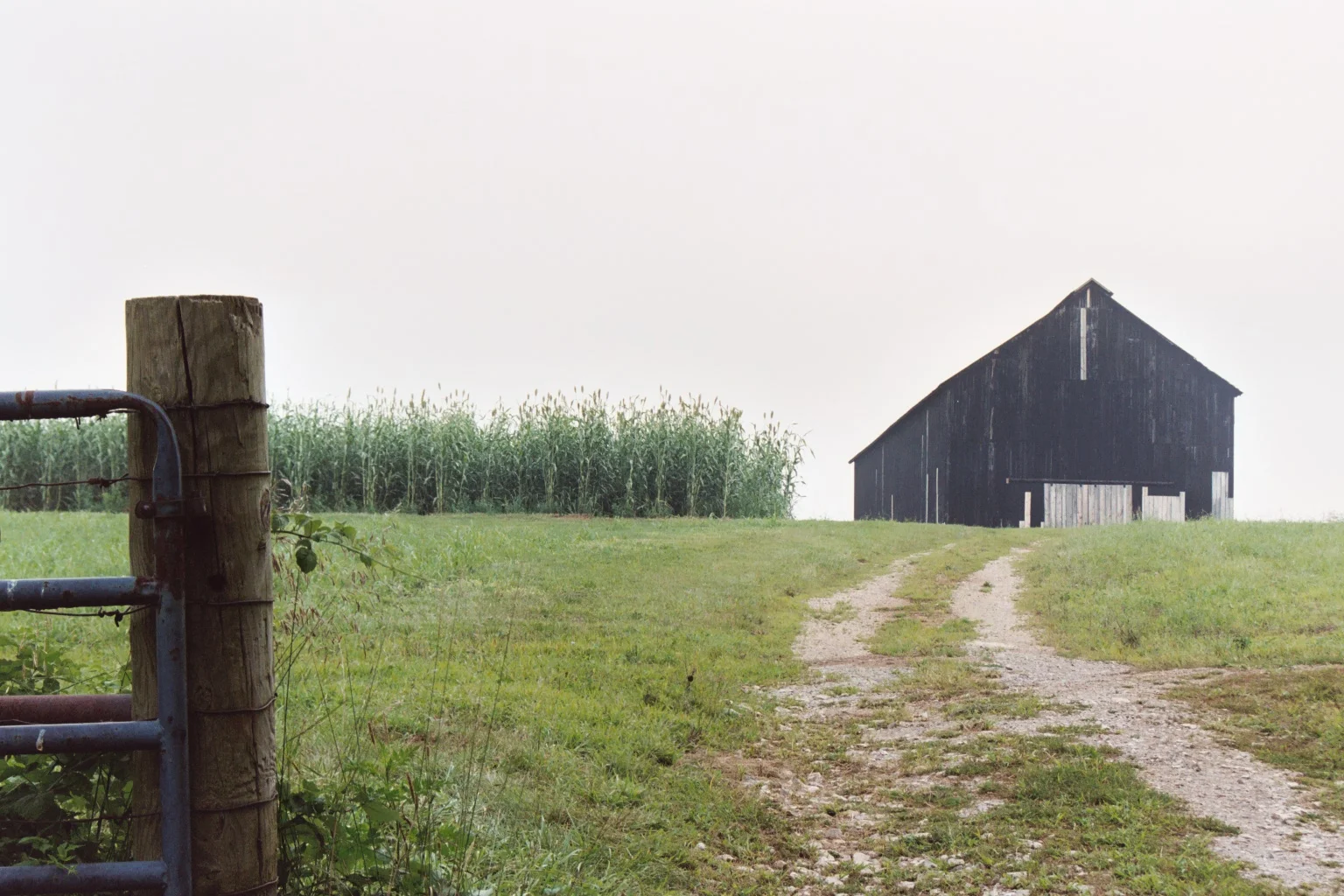
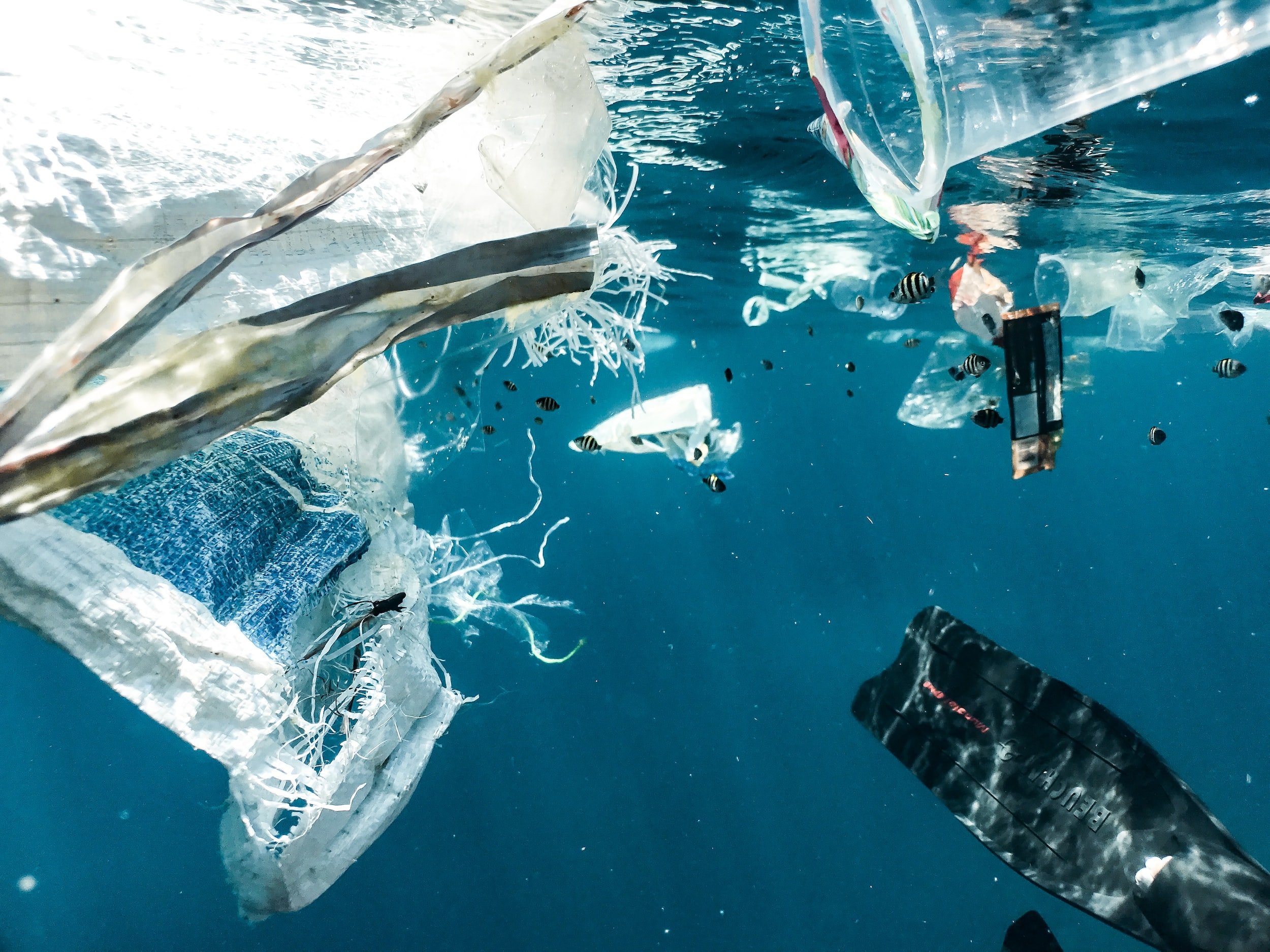



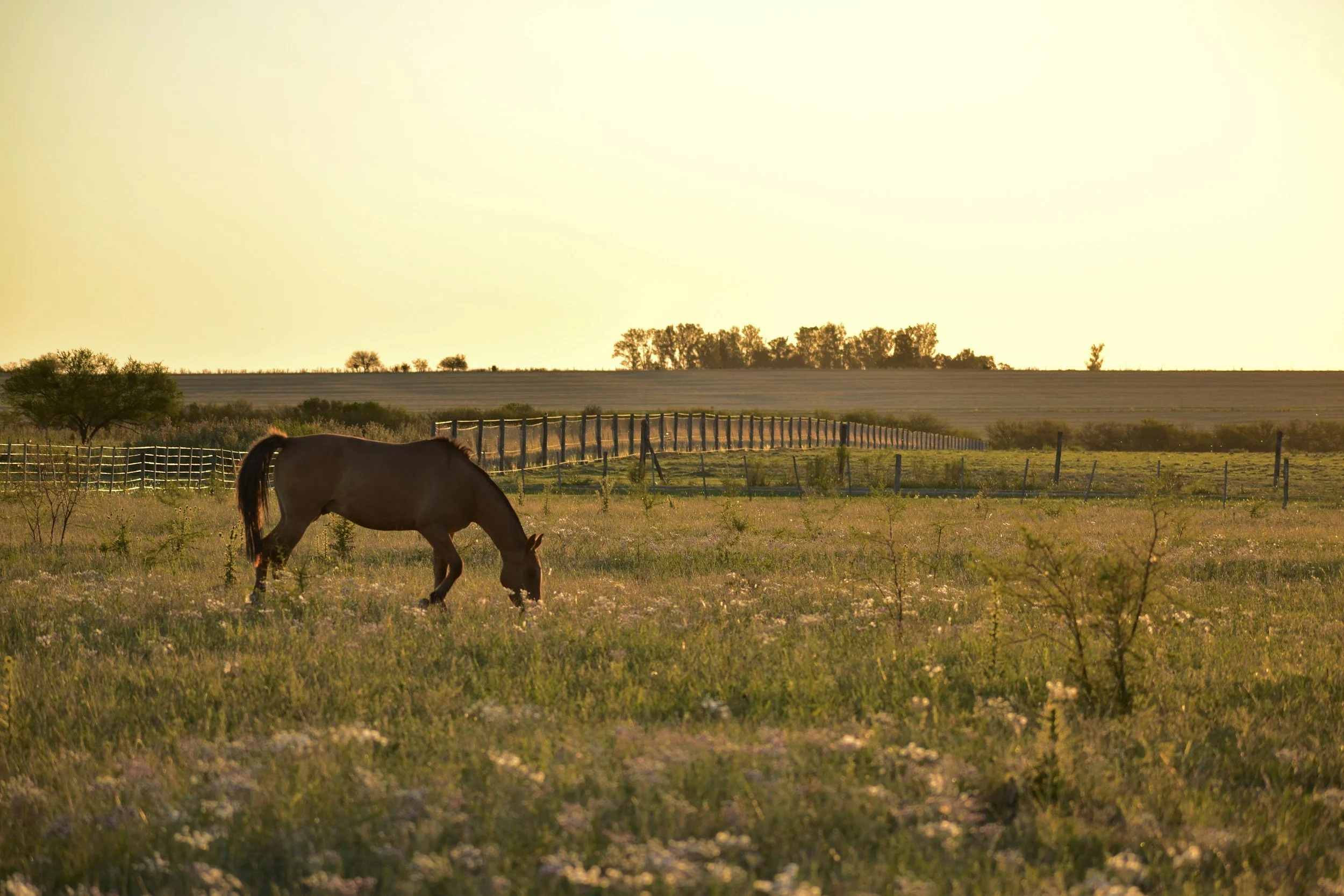


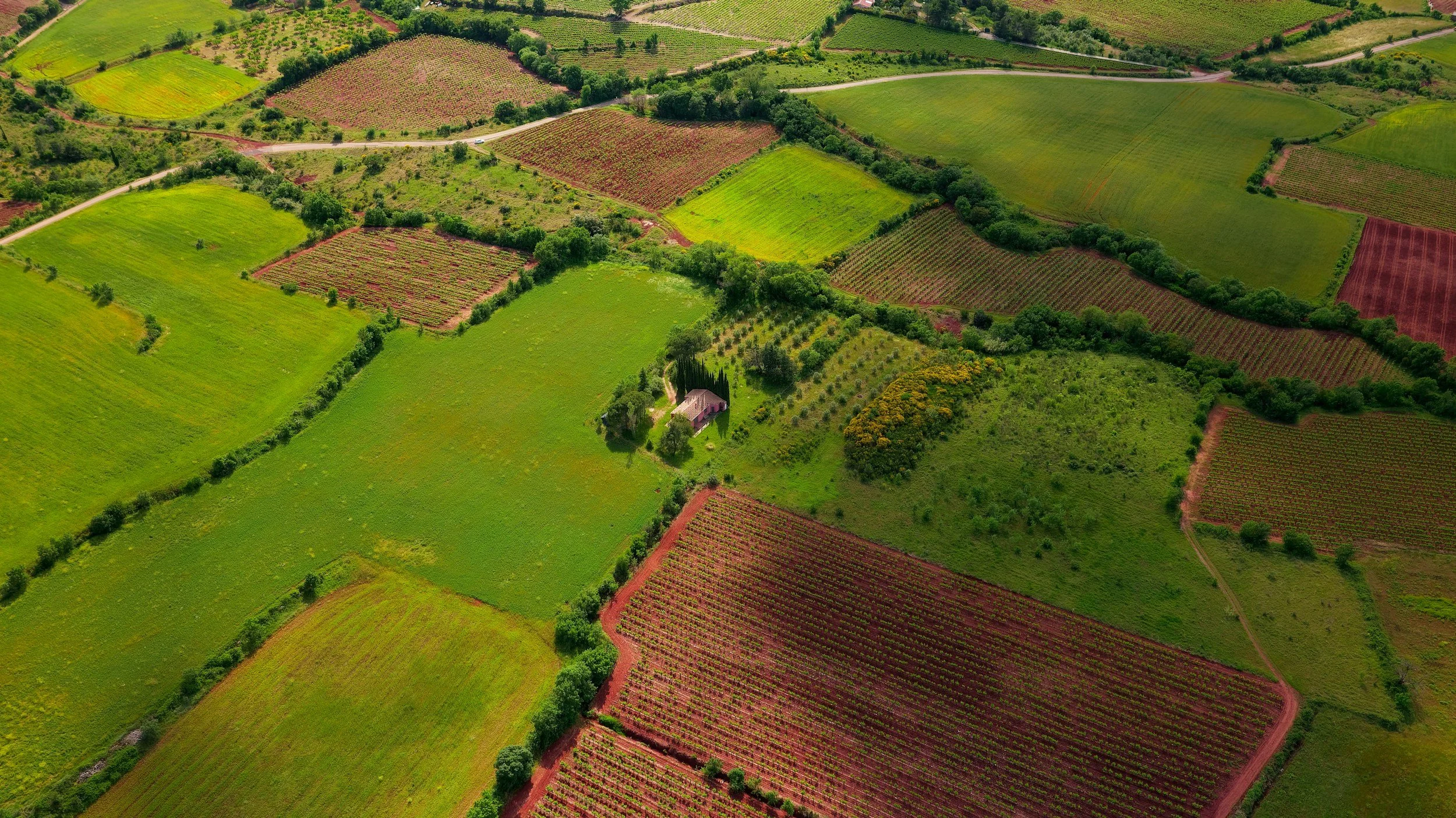

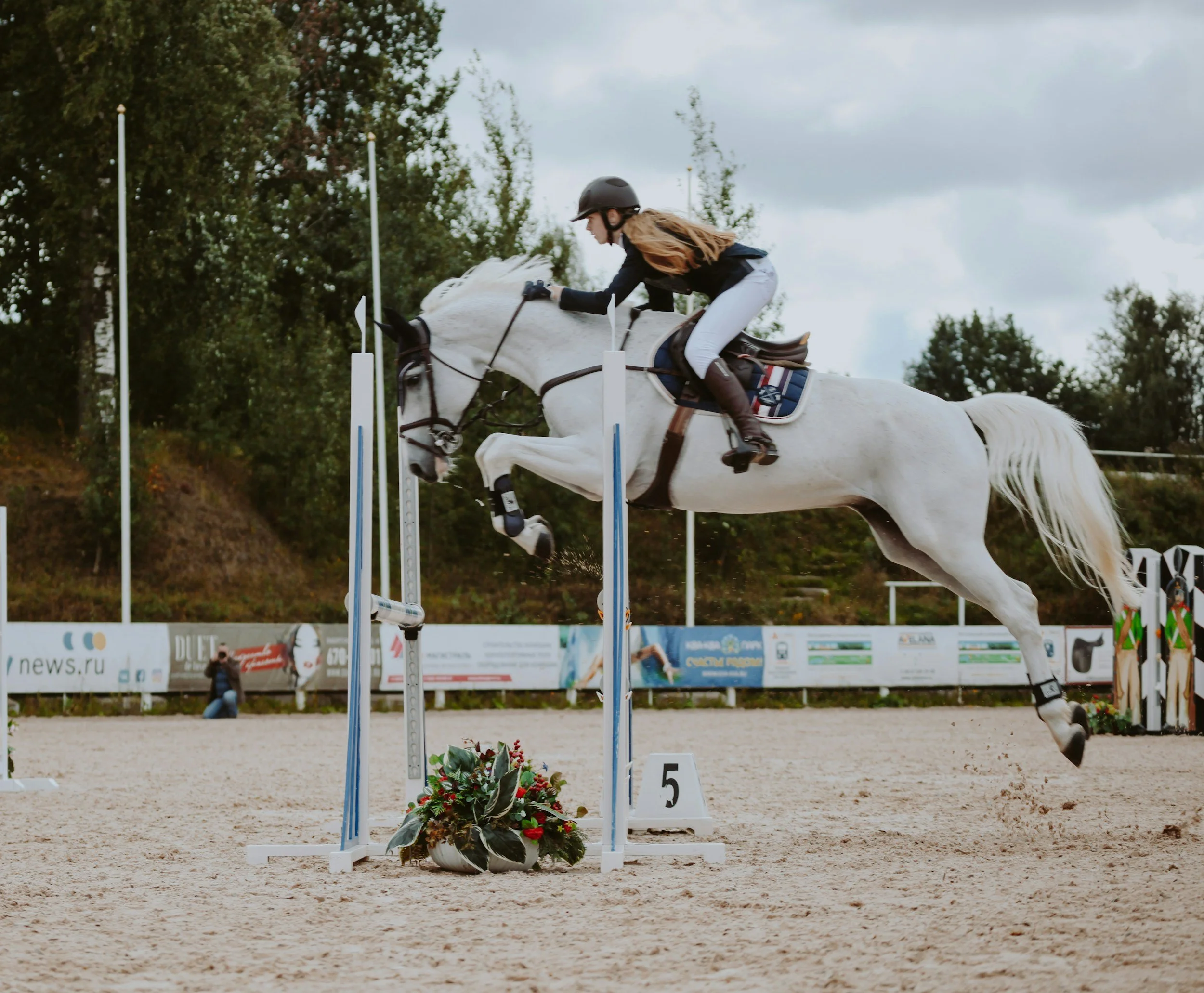




Article by: Lauren Ashley Herrin
In this article, Lauren Ashley Herrin examines the impacts of new FDA veterinary stewardship regulations on backyard chicken farming in rural Georgia. She explains that requiring prescriptions for previously over-the-counter antibiotics disproportionately harms low-income and rural communities by limiting access to affordable veterinary care, worsening risks of disease spread and public health threats. Herrin argues for policy approaches that balance antimicrobial resistance concerns with the realities of rural accessibility. She proposes solutions such as telehealth veterinary consultations, scholarship programs to encourage rural veterinary practice, and expanding prescriptive authority for veterinary technicians to ensure sustainable animal health care in underserved areas